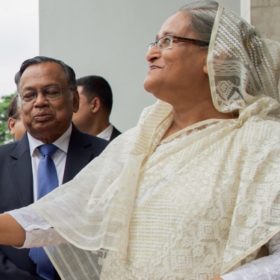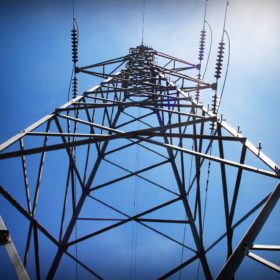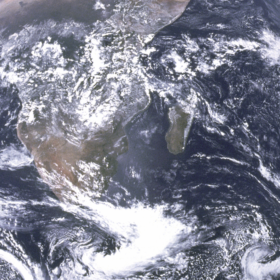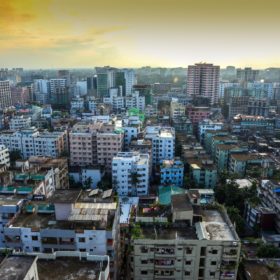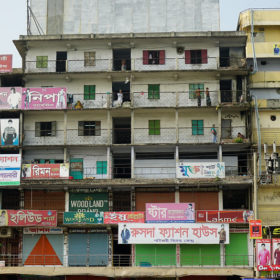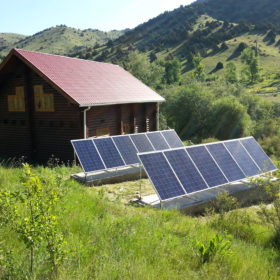Bangladesh looks to Beijing to speed its solar ambition
The two governments will form a JV which will see China invest around $500 million in setting up 450 MW of solar generation capacity and a 50 MW wind farm on land supplied by the host nation’s North-West Power Generation Company.
Covid-19 weekly round-up: Residential systems in Italy will get a 110% tax rebate and UK consumers are being paid to turn appliances on as coronavirus turns the energy world upside down
Plus, Australia’s Greens want renewables front and center of the post Covid-19 economy and Mexican plant owners are overturning a politically-motivated ban on clean energy, however, Indian developer Acme solar says pandemic delays warrant it reneging on the terms of the record-low solar price agreement it signed.
Renewables can avoid crippling LNG and coal subsidy bill for Bangladesh
U.S. thinktank the Institute for Energy Economics and Financial Analysis says the nation should reorder its power network to harness cheap, modular renewables after existing power station overcapacity was worsened by plunging electricity demand during the Covid-19 shutdown.
Covid-19 weekly round-up: US job losses raise concern but France and China continued to add new solar
Cell supply shortages could kick-start manufacturing activity in India, EV car sales are braced for a fall while still gaining market share and a new date has been set for the world’s biggest solar trade show.
Bangladeshi solar installers call for waiver of state loans
Installers which took advantage of cheaply-priced government finance say customers affected by the Covid-19 crisis cannot afford to pay for the solar home systems they have rolled out while expanding renewables programs.
Covid-19 weekly briefing: Evidence abounds of renewable energy gains at the expense of fossil fuels as the clamor for a green recovery rises
Portugal set a new coal-free record because of the pandemic as Belgium and Israel moved to help the renewables industry. But there was grim news in Mexico and Turkey, and Bangladeshi clean energy firms have appealed for more assistance.
Bangladeshi solar module companies seek Covid-19 stimulus package
Industry representatives call for a $59 million, five-year package of grants, loans and tax incentives from the government after Dhaka extended a coronavirus-driven industrial shutdown into the middle of the month.
Bangladesh opens €200m loan fund for eco-friendly imports
Solar project developers and other component importers are among those eligible to apply for low-interest loans for up to 10 years. The government had already offered a $200 million credit line last year.
Bangladesh set for largest solar rooftop with industrial leasing deal
Indian company Mahindra Susten will provide engineering, procurement and construction services on a $1.7m, 3.1 MW array for a German-Bangladeshi knitwear company which will buy the power generated for $0.077/kWh.
Bangladeshi government appeals for more partners to help roll-out off-grid solar
A scheme to install solar lighting and household power, as well as biogas and solar cookers and larger PV plants, has already driven deployment of more than 1.2 million systems. Now the government wants more partners to join the program.
